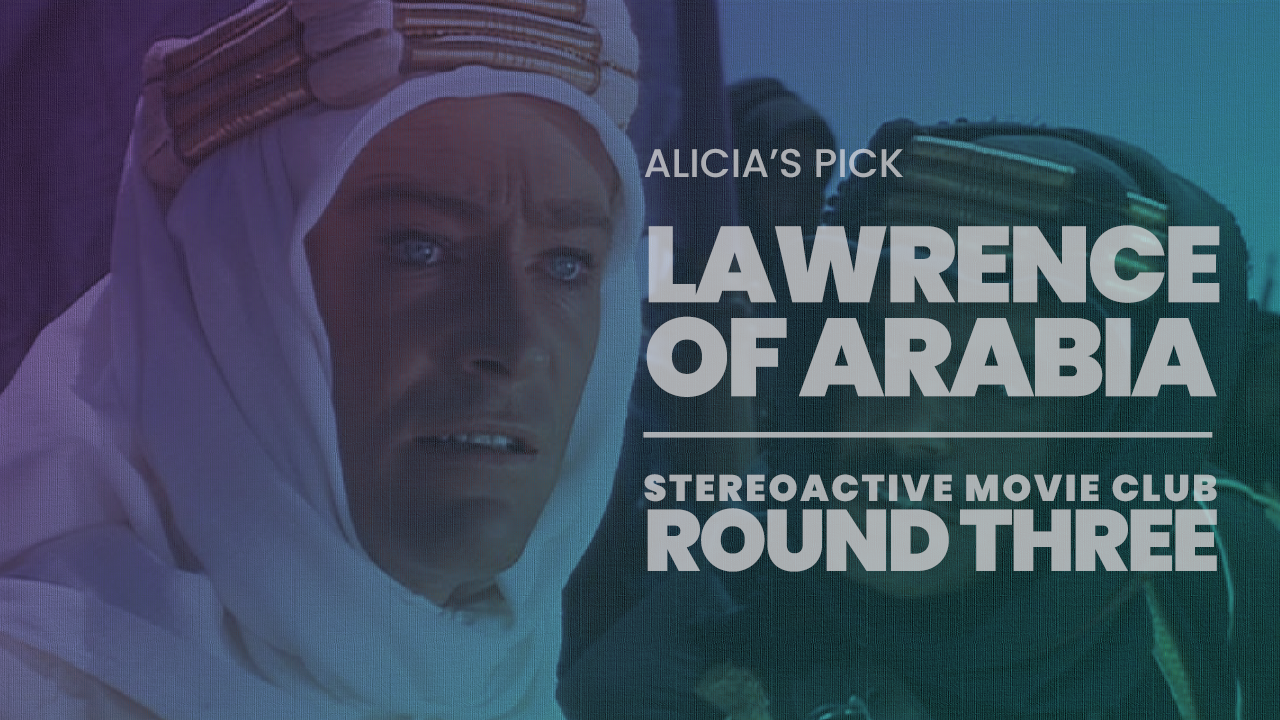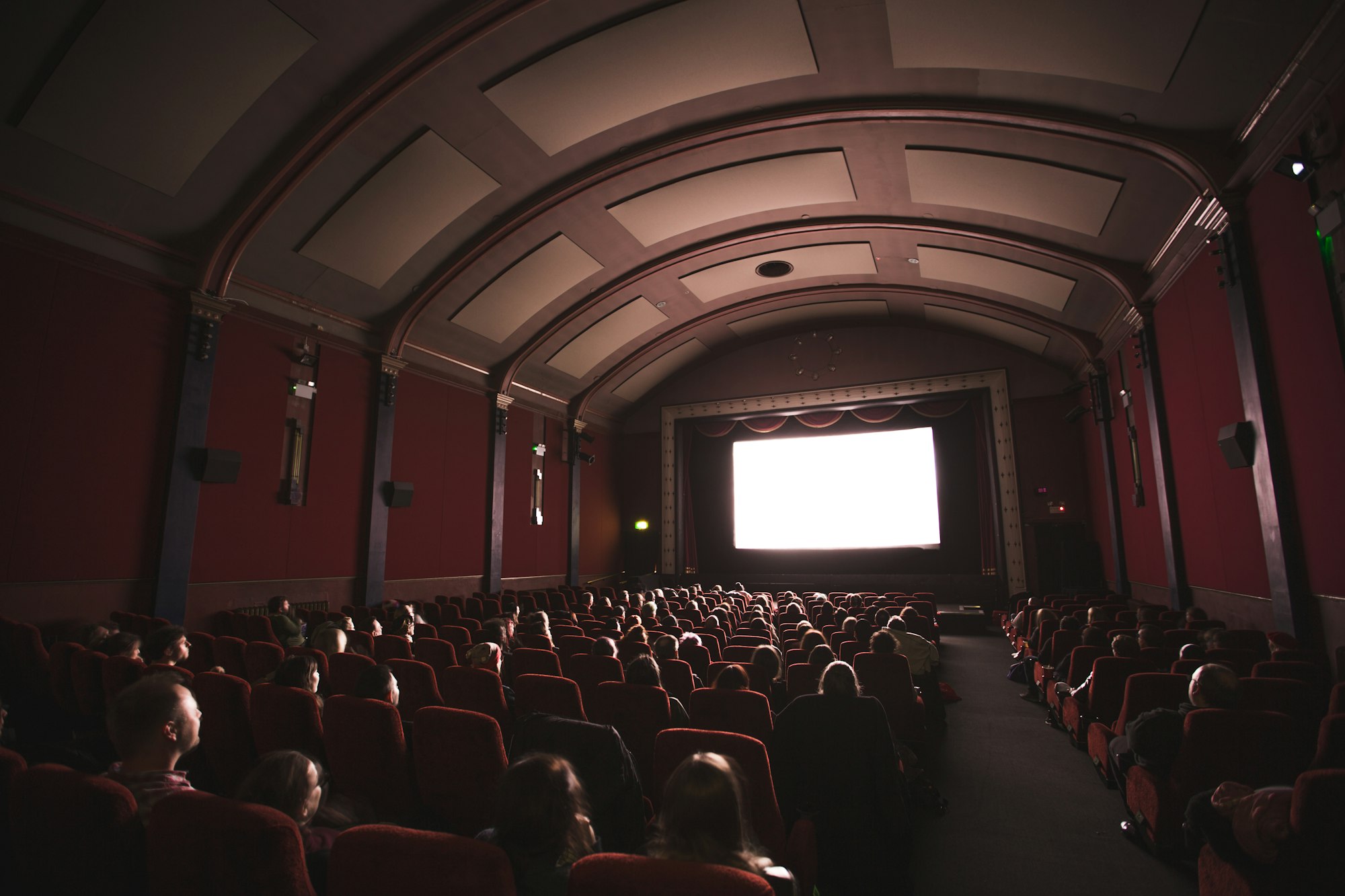Available on Goodpods, Apple Podcasts, Spotify, and anywhere else you listen to podcasts.
It’s Jeremiah’s 3rd pick: ‘Lawrence of Arabia,’ the 1962 film directed by David Lean. The film is adapted from the autobiographical account of T. E. Lawrence himself, ‘Seven Pillars of Wisdom,’ which was first published in 1926 and told the story of his involvement, from 1916-1918, with the Arab Revolt against the Ottoman Turks. Though ‘Lawrence of Arabia' was released more than 40 years after the events it depicts, it was hardly the first planned production of Lawrence’s story for the screen – it was just the first attempt to actually make it to production. Lawrence himself was even involved in early attempts to sell the film rights to his book to help pay off debts he’d incurred in producing the first very exclusive run of ‘Seven Pillars of Wisdom.’ He lost interest and even worked against further attempts to adapt his work as he eventually was able to pay his debts. After his death in 1935, Lawrence’s brother took on the task of overseeing his brother’s legacy so far as rights were concerned. Over the decades, many filmmakers – chief among them legendary silent and early sound era producer and director Alexander Korda – courted Lawrence, his estate, and biographers who owned rights to their own versions of the story. But it was ultimately producer Sam Spiegel who secured the rights, looking to follow up on his successful production of ‘The Bridge on the River Kwai’ with director David Lean. Early on after announcing the production, Spiegel also announced Marlon Brando would play the lead – adding him to a long list of actors who’d been in talks or announced for the role over the years, from Leslie Howard to Alec Guiness. Eventually, though, Peter O’Toole was cast and it became a star-making turn for him.
By most accounts the extremely long shoot – which took place in Jordan, Morocco, and Spain – was hellish, but the resulting Super Panavision 70mm CinemaScope film, which premiered in December of 1962, went on to great success largely with both audiences and critics. Not all critics loved the film, though – both Bosley Crowther at the New York Times and Andrew Sarris at the Village Voice called it out for being an inaccurate or incomplete portrayal. But it went on to be the 2nd highest grossing film in North America of 1962, not far behind ‘The Longest Day.’ It was re-released theatrically several times over the years, often in increasingly edited down versions, before a restored version was assembled and distributed in 1989 with the participation of David Lean, and it’s been re-released in theaters multiple times since then – mainly to celebrate major anniversaries of the film’s release.
As for our purposes, ‘Lawrence of Arabia’ has actually never appeared in the Top 10 or as a runner up on Sight & Sound magazine’s critics poll of the greatest films of all time, but it did rank at #4 on their poll of directors in 2002.
For more information on this podcast, including where it's available, please visit the show's homepage.







